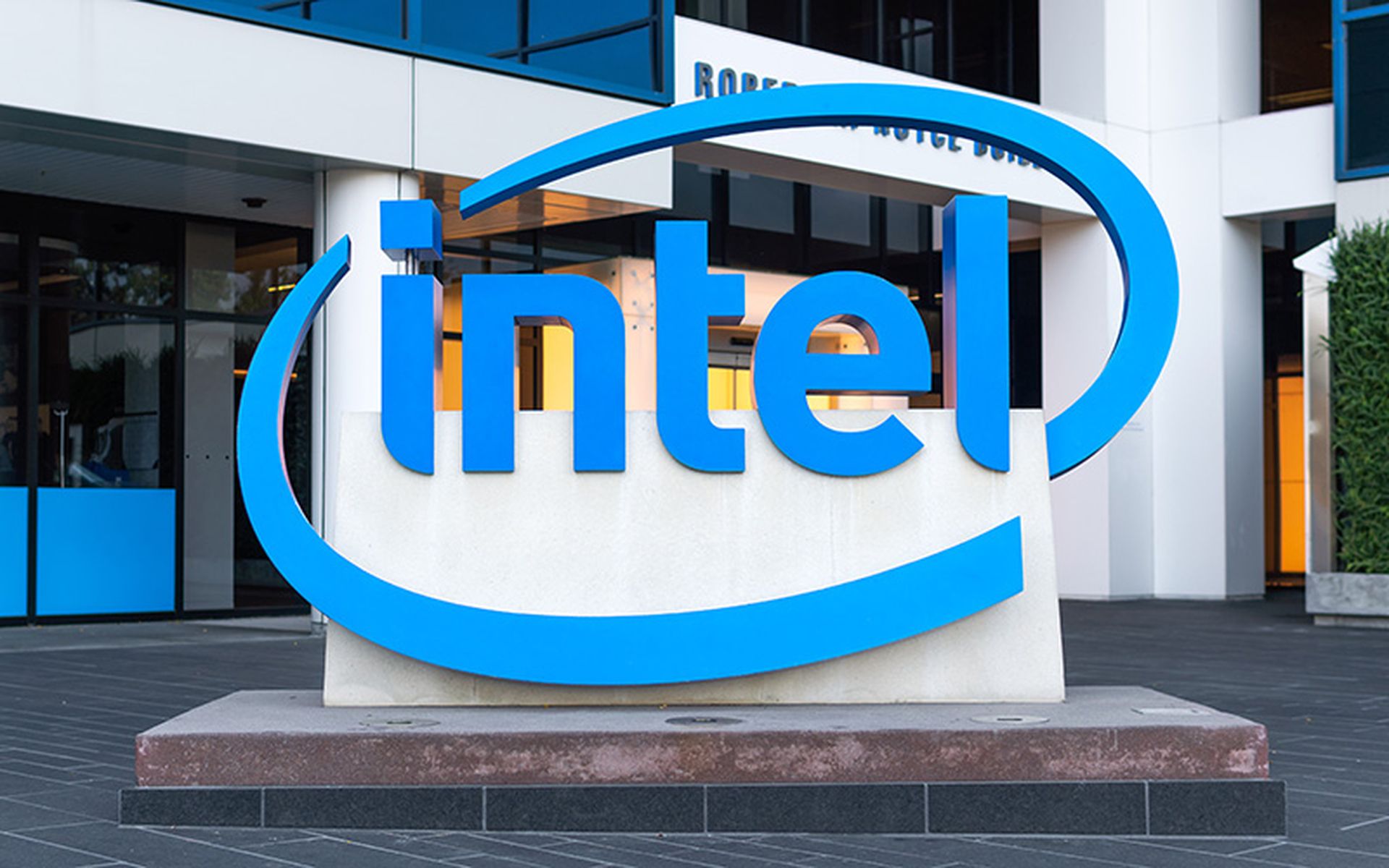The smart building market -- part of the Internet of Things trend -- will enjoy a 12 percent compound annual growth rate (CAGR) from 2015 to 2019, as residential and commercial property owners embrace new types of sensor technologies, according to Technavio. The big question: Can IT service providers somehow play a role in the smart building movement?
Smart building technology -- sensors, networks and software -- helps to optimize water and power use while potentially reducing pollution. "Increased urbanization is creating social and environmental challenges like water shortages, power deficits, pollution and waste water, and sewage problems. To combat these challenges, governments of emerging and developed economies are focusing on smart buildings to provide the best integrated solutions," the Technavio report stated.
The smart building movement will depend, at least in part, on government partnerships with businesses -- also known as public-private partnerships. Much like the original solar power movement, the smart building movement could face prohibitive upfront costs. But government rebates and financial incentives could help to offset those initial costs, opening the door to longer-term savings once smart building technology is activated.
Key players in the smart building market include Cisco Systems Inc., Control4 Corp., Honeywell Scanning and Mobility, Schneider Electric SE and United Technologies Corp., Technavio said. Still, the report potentially overlooks major developments in the consumer smart home sector -- where Apple HomeKit, Google NEST and other technologies are now coming to market.
It's unclear if or how most channel partner programs will evolve for smart building trends. Simply "reselling" smart thermostats and related IoT endpoints won't deliver much revenue or profit to the typical solutions provider.
In the business sector, some clear vertical market activities are emerging. For instance, Control4's channel partners -- called dealers -- help hotels to:
- Automate all lighting and climate systems to minimize energy waste as soon as the guest checks out.
- Customize the room experience to delight every guest: from lighting scenes, to automated drapes, entertainment—even their wake up experience.
- With the swipe of a key, the room greets guests with dimmed lights, soft music and drawn shades.
I'm curious to learn if or how Control4's partners generate recurring revenues from those automation products.




